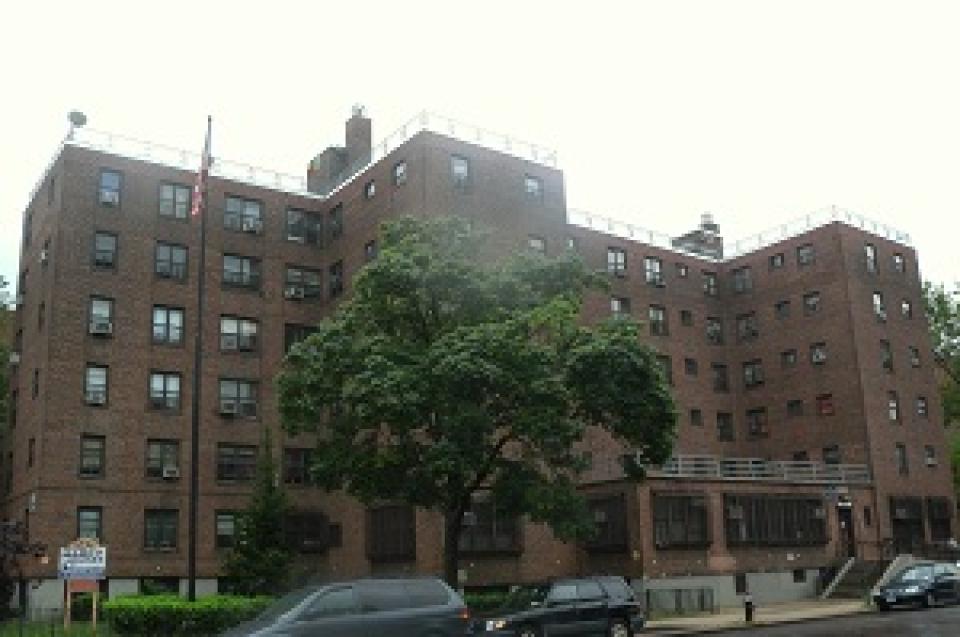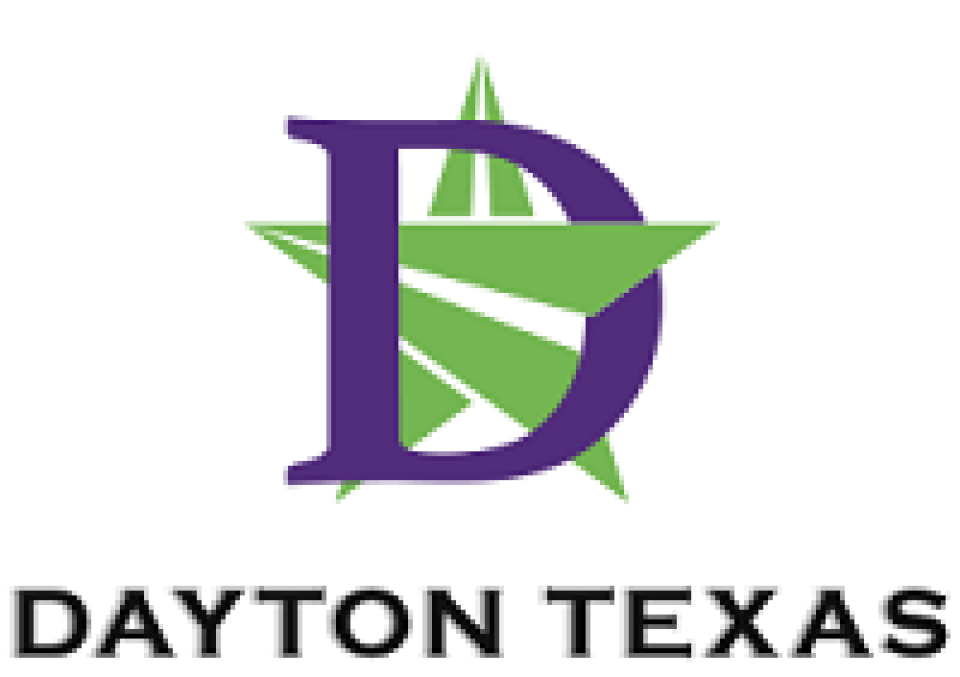
Fast, affordable Internet access for all.

The pandemic exacerbated extreme economic, racial, and social disparities that have long characterized New York City neighborhoods. When the pandemic hit, the "City That Never Sleeps" experienced the worst single-year job decline since the 1930s, with communities of color bearing the brunt of the disease itself in addition to the rising levels of unemployment, lack of affordable housing, and food insecurity it brought on.
Aiming to alleviate these deeply-entrenched challenges, New York City Mayor Bill de Blasio formed the Taskforce on Racial Inclusion and Equity last April to survey community organizations in NYC districts most severely impacted by COVID-19. As that work got underway, taskforce co-chair Deputy Mayor Phil Thompson kept hearing a resounding call for access to the Internet. Three months into the pandemic, de Blasio reported that 18 percent of all New Yorkers, more than 1.5 million city residents, had neither a home or a mobile connection, mainly due to issues of affordability.
In response to the public outcry, Mayor de Blasio set to work enacting New York City’s Internet Master Plan, starting with a $157 million initiative which will direct public and private investment to fund broadband infrastructure and expand low-cost or no-cost Internet access to 600,00 New Yorkers, including 200,000 city residents living in public housing, within 18 months.

Separating the physical and service layers of our telecommunications infrastructure offers a host of benefits that communities should consider when investing in their future: from encouraging lower prices through competition, to offering schools and hospitals the ability to set up secure and instantaneous networks on the fly, to providing a seedbed for experimentation as we enter the second decade of the twenty-first century.
Tuesday, April 27th at 2pm ET will feature a free webinar with a panel of experts on the obstacles to and promise of open access networks.
From the event description:
The goal of Open Access Networks extends beyond access to the Internet. OANs should be a sustainable network that provides the freedom of information exchange, fosters a competitive ecosystem, [and] enables digital innovation essential for its growth and long-term affordability. In this panel, we examine the obstacles that prevent this vision becoming reality. We talk with OAN practitioners to identify how they have progressed towards this vision.
The webinar is moderated by CEO of consulting firm HBG Strategies, Heather Burnett Gold.
Panelists include ILSR's Christopher Mitchell, Sean Colletti (Mayor, City of Ammon, Idaho), David Corrado (CEO, UTOPIA Fiber), and Kim McKinley (CMO, UTOPIA Fiber).
On Episode 9 of Connect This!, hosts Christopher Mitchell and Travis Carter (USI Fiber) are joined by Kim McKinley (Chief Marketing Officer, UTOPIA Fiber) and Doug Dawson (President, CCG Consulting) to talk about the recently signed American Rescue Plan Act, which has the potential to funnel an unprecedented level of funding to communities which can be used for Internet infrastructure.
The group talks about the different buckets of money that will become available and how cities, counties, and states might use them. They discuss the ways that communities can use the federal funds to reduce risk for local projects and push them forward, create partnerships with public organizations and private firms, and what local officials need to do to ensure that they are ready when the money starts flowing to effect long-term positive change.
Watch via this link, or watch below.
Subscribe to the show using this feed.
Email us at broadband@muninetworks.org with feedback and ideas for the show.
Snapshot
Colorado House passes bill that reduces broadband board membership and conceals mapping data
Michigan legislature approves bill granting ISPs property tax exemptions
New Mexico and Virginia bills await governors’ action
The State Scene
Tennessee
Tennessee is home to some of the most creative local solutions to bridging the digital divide. Municipal fiber networks across the state, including Chattanooga’s EPB Fiber network, Morristown’s FiberNet, and Bristol’s network, have been a boon to economic development, job creation, educational initiatives, and overall quality of life in the past decade.
The next city to potentially join the ranks of providing municipal broadband in Tennessee is Knoxville. On March 11, the Knoxville Utility Board approved a business plan to provide Internet services across its service area.
Despite the widespread success of municipal networks across Tennessee, the state restricts what populations they can serve. Although Tennessee law allows cities and towns to offer advanced telecommunications services if they have a municipal electric utility, the networks are not permitted to offer those services to residents who live outside of the utility’s service area. Removing these restrictions would permit substantial fiber expansion to connect more residents at no cost to the state or taxpayers.
Although Tennessee is one of 19 states in the nation with laws that limit municipal broadband networks, it is also home to several of the nation’s premier municipal Fiber-to-the-Home (FTTH) networks, including EPB Fiber, a division of Chattanooga’s city-owned electric and telecommunications utility.
In the Volunteer State, municipal electric providers are restricted from offering Internet service on fiber networks beyond their service areas. But now, Knoxville, a city of approximately 187,000 residents and the home of the University of Tennessee, is aiming to get on the community fiber track and become the state’s next gig city.
Earlier this month, the Knoxville Utilities Board (KUB) Board of Commissioners approved a business plan that, if approved, will set the utility on a path to bring high-speed Internet connectivity to its more than 468,000 customers spread out across Knoxville, Knox County, and small parts of seven neighboring counties.
The plan has been sent off to the Tennessee State Comptroller office for review, one of the initial steps in the process to bring triple-play services (Internet, phone and TV) to its broadband-hungry customers.

A Need for Speed
Welcome to In Our View, the first installment of a new series here. From time to time, we'll use this space to explore new ideas and share our thoughts on recent events playing out across the digital landscape, as well as take the opportunity to draw attention to important but neglected broadband-related issues.
The disaster in Texas resulting from an electric grid that was deliberately left exposed and likely to fail in rare cold weather events has received a lot of dramatic coverage, as well it should given the loss of life and damage to so many homes and businesses. It also raised some questions in my mind regarding competition and designing markets that will be discussed below. Texas was a leader in allowing different electricity firms to compete in selling electricity over the same electric grid, an arrangement that has some similarities to open access broadband approaches.
In digging into that recent electricity history, I made another interesting and relevant finding that I discuss first as part of the background to understand the lessons from Texas. In 20 years of competing models between, on the one hand, municipal and cooperative structures to deliver electricity and, on the other hand, a largely deregulated and competitive market, the munis and co-ops delivered lower prices to ratepayers.
Many of the sources used in this article are behind paywalls. We wish that weren't the case but we support both paying for news and the libraries that have databases that may allow you to track this down if you have the inclination.
Electricity Deregulation, Texas Style
More than 20 years ago, Texas largely deregulated electricity markets. Residents still have a monopoly in charge of the physical wire delivering electricity to the home, but they could choose among various electricity providers that would effectively use the wire and charge different amounts, differentiating themselves via a variety of factors, including how the electricty was produced.

This week on the podcast, Christopher talks with Travis Carter (CEO, US Internet), Deb Socia (President/CEO, The Enterprise Center), and Brian Worthen (President, Visionary Communications and CEO, Mammoth Networks) to talk about overbuilding.
The group discusses the importance of reclaiming the term as what it really is: plain old competition. They talk about the economics of building competitive broadband infrastructure in rural and urban areas, pending Washington State legislation which would unlock the power of the state’s utility districts to deliver retail service, and why we don't see more small, competitive fiber builders around the country.
This show is 59 minutes long and can be played on this page or via Apple Podcasts or the tool of your choice using this feed.
Transcript below.
We want your feedback and suggestions for the show-please e-mail us or leave a comment below.
Listen to other episodes here or view all episodes in our index. See other podcasts from the Institute for Local Self-Reliance here.
Thanks to Arne Huseby for the music. The song is Warm Duck Shuffle and is licensed under a Creative Commons Attribution (3.0) license.
This episode, co-hosts Christopher and Travis Carter (CEO, US Internet) are joined by Deb Socia (President/CEO, The Enterprise Center), and Brian Worthen (President, Visionary Communications and CEO, Mammoth Networks) to talk about overbuilding.
The group talks about the importance of reclaiming the term as what it really is: plain old competition. They discuss the economics of building competitive broadband infrastructure in rural and urban areas, pending and related Washington Public Utility District legislation, and why we don't see more small, competitive fiber builders around the country.
We also get the first installment of a recurring segment during the episode, wherein Christopher asks Travis to identify a picture of random piece of wireless infrastructure from the area around his house.
Referenced during the discussion was Benton Institute for Broadband and Society Senior Fellow John Sallet's recent paper "Broadband for America’s Future: A Vision for the 2020s."
Subscribe to the show using this feed.
Email us with feedback and ideas at broadband@muninetworks.org
DayNet, a new Internet utility emerging in Dayton, Texas, is looking to lasso a broadband-minded boss for this small East Texas city of approximately 7,200, about 37 miles east of Houston.
Applications are being accepted for a Broadband Manager/Head Network Engineer to oversee the business and technical operations of DayNet as the city has begun construction of a citywide Fiber-to-the-Home (FTTH) network.
In addition to hiring a Broadband Manager/Head Network engineer, the city is banking on the project to “increase competition and choice . . . while having a positive impact on economic development, education, and the technology amenities that are available to citizens and businesses.”
Good Credit, Better Broadband
To finance the construction, the Dayton City Council approved a $13.7 million bond issuance at a 2.56% interest rate, thanks to the city’s rising credit rating. Network construction began at the start of the year. And when the network is fully built, which is expected to be complete by 2023, 110 miles of fiber will criss-cross the city’s 11 square miles, passing every home, business, and anchor institution in Dayton.

Idaho is better known for producing potatoes than the state of Washington. But actually, it’s the 2,800 square miles (an area about twice the size of Rhode Island) within Grant County in central Washington that grows more spuds per acre than any county in the United States.
As you might expect, the Grant County Public Utility District (PUD) has a long history of supporting the region’s potato farmers. But for the past 20 years, the county-owned utility has been planting more than potatoes in the fertile soil of the Evergreen State, the benefits of which are being enjoyed by county residents on and off the farm.
Building a Fiber Foundation
In early 2000, Grant County PUD built an open access fiber optic network, allowing multiple local Internet Service Providers (ISPs) to compete in delivering Fiber-to-the-Home (FTTH) service to the county’s 97,700 residents. After investing $182 million to bring high-performance Internet connectivity to 75% of the county, over the past several years the utility has been working to expand the network to cover the remaining 25% into the most rural parts of the Grant County PUD service area.